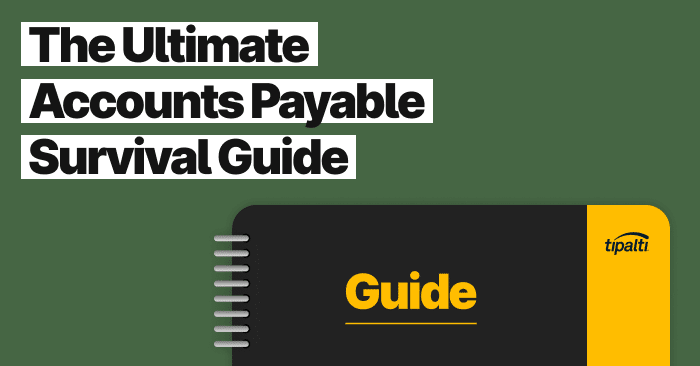
See how forward-thinking finance teams are future-proofing their organizations through AP automation.
What is Self-Billing?
Self-billing is a financial agreement between a customer and a supplier. In most cases, it involves the customer preparing the invoice and sending it, along with the payment, to the supplier. This kind of financial arrangement brings much-needed ease to transactions and virtually rids the supplier of the responsibility to write and send an invoice to their customer. Self-billing ensures that cash flow is always consistent and smooth.
Who Can Issue Self-Billing Invoices?
By its nature, self-billing places more responsibilities on the customer—they are the only ones who can create and issue a self-billing invoice. But whether your role is customer or supplier, both parties need to agree to the conditions attached to the agreement.
The Benefits of Self-Billing
It’s no secret that self-billing offers compelling benefits to both the supplier and the customer. Here are the top four:
- Time Savings
Since the supplier has less administrative responsibilities, there are substantial time savings. For growth-focused companies, streamlining manual processes is a business imperative.
- No Late Payments
Typically, since payments are attached to most invoices, suppliers can expect to get paid faster.
- Streamlined Work for Your Team
Self-billing encourages operations to be uniform, which makes it easier to manage. Since the customer is supplying the invoice, they will already incorporate all the necessary details in the invoice for the supplier’s reference and convenience.
- Increased Accountability
One of the many benefits of self-billing includes customers having the freedom to manage their self-billing invoices. In scenarios where the supplier lacks the initiative to bill the customer, the customer now has the option to alert the supplier to the invoice and speed up the transactional process.
Although there are numerous pros to self-billing, there are a few cons to consider. In some cases, self-billing might open your business up to extensive errors. Documents could go missing, or the wrong VAT rate could be attached to the invoice.
The Standard VAT Process in Self-Billing
It is a requirement for the supplier to issue a VAT invoice to the VAT-registered customer, regardless of the current rate of your goods or services.
This type of invoice should always detail the supplied goods or services. An exception to this rule is if your product or service is verified to be zero-rated for VAT.
However, if your customer is not VAT-registered, you do not have to send them a VAT invoice.
In some cases, businesses will only issue VAT invoices to customers who request it. Since it can be hard to ascertain whether a customer is VAT-registered immediately, this often becomes the norm. Keep in mind; there might be a requirement for the supplier and the customer to be VAT-registered before entering into a self-billing agreement.
The Steps Suppliers Need to Take to Ensure Compliance with VAT Regulations
While the dictated self-billing terms are agreed on by the customer and the supplier, both need to be aware of their compliance with specific VAT conditions. To do this, suppliers will need to take the following steps:
- Keep a copy of the signed self-billing agreement readily available.
- Immediately inform customers of a change in their VAT registration number or if they need to unregister from VAT.
- Never issue a sales invoice as long as the self-billing agreement is still in effect.
- Only receive invoices generated by customers that have agreed to the self-billing arrangement.
Basic Rules for Self-Billing
Customers should adhere to the following conditions if they wish to establish a self-billing agreement with suppliers:
- Every supplier must be able to determine its validity legally.
- Thoroughly-reviewed agreements should be consistent.
- Keep an accurate record of every supplier with a self-billing agreement.
- Verify the accuracy of all information included in the invoice.
- Ensure all invoices are correctly issued.
Upon confirmation of the agreement, customers now have the long-term responsibility of issuing invoices for every transaction, until the agreement expires. The self-billing invoice should include the supplier’s name, address, and VAT registration number. Additionally, the statement “The VAT shown is your output tax due to HMRC” should be included in every invoice.
How Customers and Suppliers Can Mitigate Errors in Self-Billing Invoices
- Maintain reliable communication with each other for the entire duration of the self-billing agreement.
- Always check that there is compliance with the self-billing conditions.
- Pay close attention to the audit trail.
- Double-check the details included in the transaction documents.
- Keep documentation readily available for HMRC inspection.
- Verify whether the correct VAT rate is applied.
There is no shortage of benefits for self-billing agreements. Unfortunately, the same is valid for possible hurdles. As long as the customer and the supplier take the steps needed to ensure accuracy and compliance, there is a considerable benefit to this type of financial agreement.